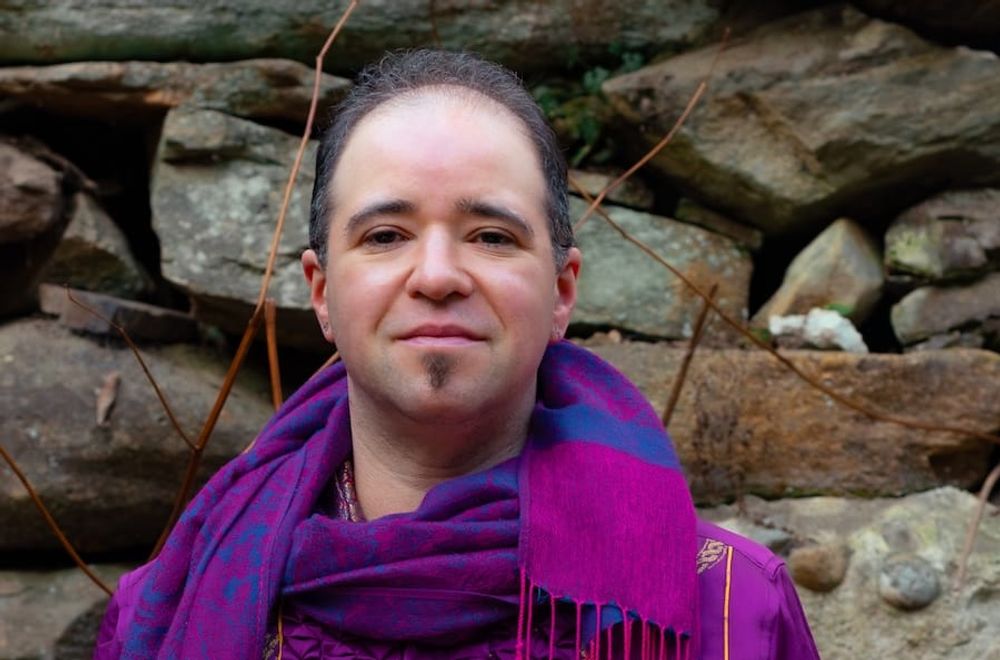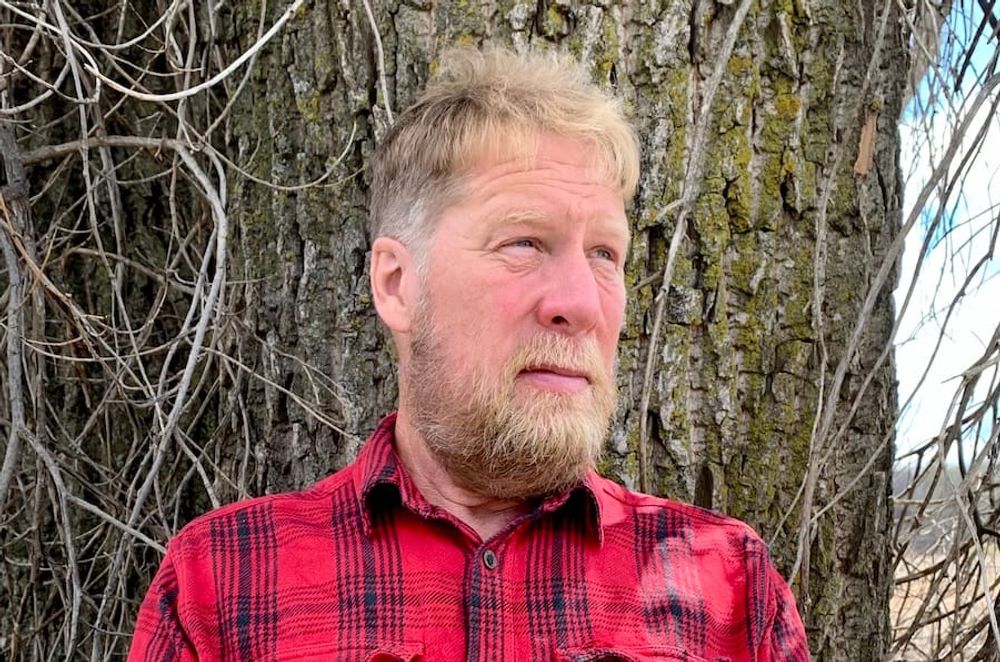A Word for Wound
Prose by Angelica Gonzaga Teves
Outside, in the front yard of another’s home, sparrows are hopping on the grass—so carefree, so in the moment as they seem. It is simple, I see it every day, and it is so important I feel it has to be shared but there is no one to share it with. I look for a while, but my mind sees something else. I shudder at the thought of some of their kin in bits and pieces somewhere. Who will find their feathers? What remains of them? Who will make them dead but whole?
I draw the curtains down, the sun is too blinding now. It rarely rains. The rain is not rain but water. I never raised my arm to gather droplets in my palm and taste them out of thirst. My palm loves to touch. When a touch is returned I feel it so acutely, like the hand holding me back carries me away from the world’s weight—as if something so delicate like a touch could null gravity. To hear a boy ask if they had seen his mother’s hands. How does it feel never to be touched by the same hands again? To hold emptiness in its place?
One night, three years ago, in stillness and silence with only a faint light casting a shadow in the room, I pictured everyone dead except me. I pictured the house empty in its loneliness, the room with only a bed and a gloom that fills the air. No more laughter, just a distant echo of what used to break the silence. No more stories, just a memory of what had been shared. I ran out of breath. In Gaza, the doctors use the acronym WCNSF for a wounded child with no surviving family. This is an acronym that should never exist, but it does. The sorrow that comes from the thought of my family dead is almost unendurable, terrifying like a sin to write, but to live it? To have all of them—the people who made me believe that if home is a place it is in togetherness—gone.
There are no explosions and smoke in our skies. Our schools are not closed for the reason that most of the children enrolled are now dead. I have never been abducted for writing poems. Nobody forced me out of my home like a violated body.
The fan starts to make whirring sounds turning into a loud metallic screech. We had it repaired weeks ago, but the screech returned and I turned it off. I feel connected to it more than I do with myself. My disillusionment is a lonely blouse hanging in a clothing store, stitched up but not worn—waiting for me to pick it up and wear it home. It’s unrecognizable; even when I wear it, it doesn’t fit. I don’t often fit right into anything though, so if the blouse has a feeling, I understand what it means to stretch and crease and fold for nothing. If only for a moment, I let myself be weak, though not for long.
It’s news to my 5-year-old self what humans are capable of doing so it’s no news to me now, but the fact that it is not, that we’ve gotten so used to it is what makes it so disgusting, isn’t it? I’m aware that to do evil is also what it means to be human, but false normalcy does not warrant indifference. Immunity is something I cannot afford. It is an illusion to me even. The unwilling memories, the continuing unapologetic mass destruction, the rage, the wounds—it’s all interconnected like an endless cycle of cause and effect.
The world doesn’t stop even if I feel it should. Some nights I cannot feel for my present just as much as my future seems abruptly obscured, like my life suddenly feels too unimportant, too fleeting to be given much worth. It is not strange to me at all, I used to be slightly nihilistic. But each day I wake I still find the little beauties I take in breath after breath. The house is a mess but only in preparation for what’s to come, and it reminds me of rebuilding. Our neighbor’s baby is four months old and doesn’t cry when we say hi; her family takes good care of her. My best friend is back. My brother is coming home. I am going somewhere. And I am glad in all of this, even while at the same time my heart holds an equal weight of sorrow.
I see a man holding a precious bottled water to an injured dog. I see a boy sing verses of the Qur’an while being operated on without anesthesia. For every wounded child with no surviving family, there is a neighbor who is kind enough to care. For every tear gas canister thrown, there is a plant grown inside it. For every day without a ceasefire, there is unrest.
If hope is the thing with feathers like Emily Dickinson said, then it’s here and everywhere I look, no matter what. They can bomb it to bits and still see it floating in front of their eyes.
When I opened my journal only two words came out: I’m sorry. I can’t count the times I’ve said that word these days like a prayer. I abandoned my words mid-thought. It all seemed so inadequate for what was—is—happening, too small for heaviness. But I am here somehow. If I stop, I betray myself. Even if these words are all I have right now—hoping to console others in an attempt to console myself—it is better than nothing. The small things we do in the name of love are better than nothing. Even if sometimes it is lost on me, I am trying to make my seconds worth something not only for myself.
I did not stop believing words have the power to change the world. I know, because it changed me first.
Angelica Gonzaga Teves (she/her) is a Filipino freelancer and creative writer. She started writing poetry at a young age but only recently did she have a leap of faith to share her works. She’s a self-publisher in Substack (@inkedbetween), deeming herself an extractor of the extraordinary in ordinary things. She advocates for shared humanity and slowness in an otherwise fast-paced world brimming with hurt people. When not reading or writing, she dreams of an alternate reality where she is a multi-instrumentalist and lyricist living in a cabin with a dog and a monkey.





Comments